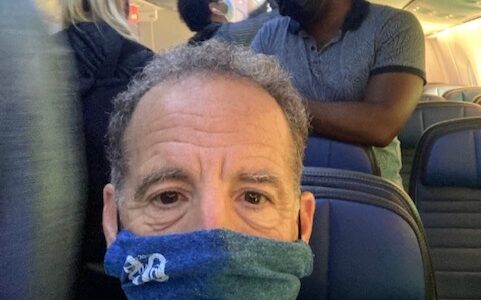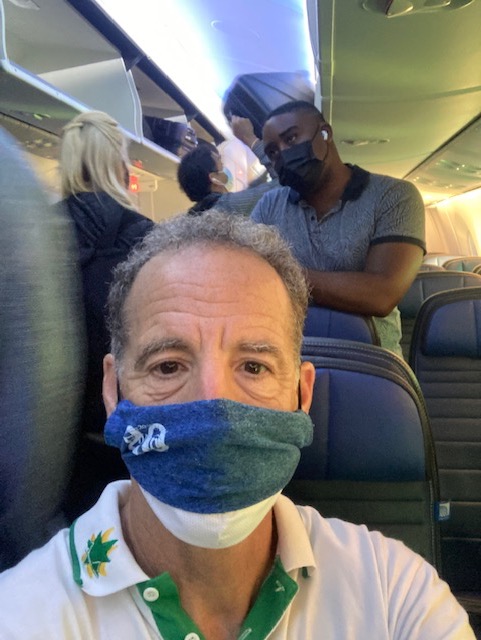
Protect children passengers: The International Air Transport Association should have common sense guidelines
The International Air Transport Association (IATA) is the trade association for the world’s airlines, representing some 290 airlines, or 82% of total air traffic. According to the IATA’s own publication, burns and spills remain one of the most commonly reported cabin safety issues, resulting in injury and lost time from work. In the “Cabin Operations Safety Best Practices Guide,” the spilling of hot beverage on the passenger’s table is recognized as a risk, caused by overfilling of the containers or as a result of moderate turbulence, or both.
Likewise, the spilling of a hot beverage during the transfer from crew to passenger has long been recognized as a known in-flight danger. Passing containers by hand carries risk, as does inattention to the transfer of the beverage. Lastly, given the limited space between passengers and the seat backs, and the movement of the tray table, placing scalding liquids on these trays are often a prelude to permanent burn injury.

What struck the airline injury team at Abrams Landau, Ltd., was the fact that there were no specific guidelines to the handling of hot beverages in the vicinity of small children. By their very nature, children are impulsive, unpredictable, and often unaware of danger. It is why my own wife would chastise me for giving one of our kids a glass of milk filled to the top. Even though the risk of danger was low, filling to the top meant that the cup was perhaps “top-heavy,” more likely to spill, and when it did go over, there was a bigger mess for us to clean up. Likewise, my late father, safety lawyer Norman Landau, had a very strict rule that hot liquids were never to be passed over a child’s head. The unnecessary danger of scalding liquids being passed over a small child seem obvious, but I was surprised not to see it spelled out in the Cabin Operations Safety guidelines. There should be specific training of flight attendants and cabin crew members so that hot liquids are not: filled to the top; handed over a child’s head; or, placed in the container without the lid being securely fastened.
There are cases where devastating injuries and permanent scarring have resulted from hot beverages served on board commercial airliners. Our law firm has helped international travelers who have been burned during flights from scalding liquids served by the flight attendants. In addition to: the motion of the aircraft, the movement of the passenger sitting in front of the victim contributes to the tray table’s shaking, and the beverage spilling on the lap. These injuries often impact the most sensitive parts of the body, and there is usually no meaningful way to treat 3rd degree burns onboard an aircraft in flight.
If you are traveling on a long flight, with hot beverage service, and children are present in your row, please do not pass scalding liquids over their heads; ask that their cups not be filled to the brim; and, request that your own coffee, tea or soup not be overfilled. You can always ask for more.
If you or someone you know or care for has been injured as the result of an airplane or other air travel related incident, during a domestic flight or during an international trip, and there are questions about what laws apply, e-mail or call us at ABRAMS LANDAU, Ltd. (703-796-9555) at once.
